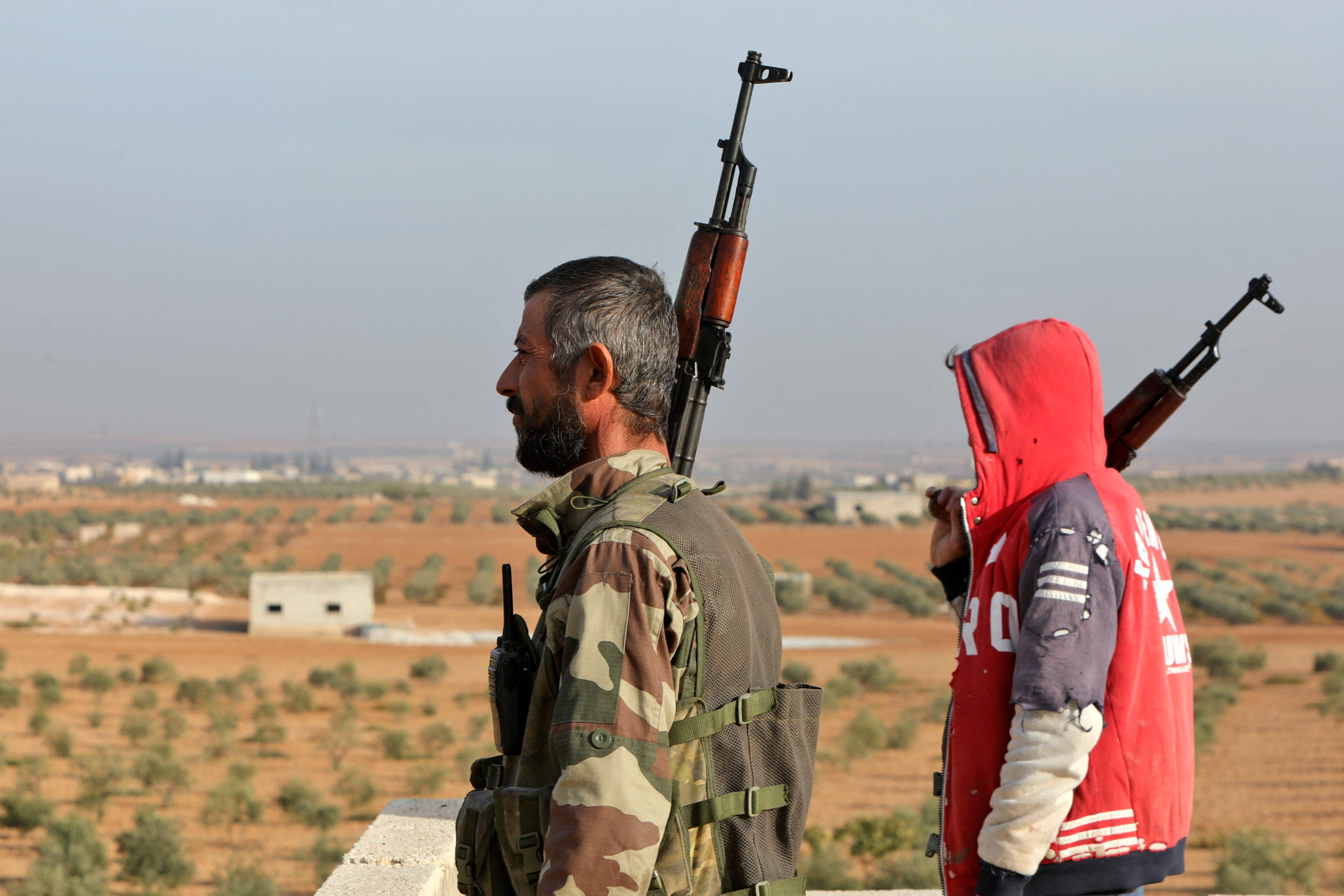Mental health is the lasting casualty of war – it’s time to step up to prevent more tragedies
The world must come together and recognise that mental health casualties are as serious as any other in war, writes Taban Shoresh


In conflict scenarios, humanitarian organisations assume that being away from physical harm provides sanctuary. But the reality for most survivors is that the ashes of war will always weigh heavy on the mind.
Just last week, the UN launched a record $51.5bn humanitarian appeal for 2023. Glaringly absent in its report was any mention of mental health support. And unfortunately, this is an all too familiar experience for those who are trying to provide safe spaces during war, as it was for me supporting women and girls in Kurdistan’s IDP camps.
When the dust has settled and immediate needs are met, many humanitarian organisations leave, viewing the job as complete. But we know it is far from over: it is sustained support that rebuilds lives.
Nazanin is a young woman we support as part of our youth suicide prevention programmes. She once told me how one morning she woke early, whilst her family were sleeping. Feeling hopeless and without a future, she went outside and set herself alight “without even thinking twice”. She said she’ll never forget the moment she screamed as the flames engulfed her body.
Globally, at least a third of forcibly displaced people face mental health issues. This staggering figure should come as no surprise: prolonged food insecurity; exposure to traumatic events; loss of loved ones; or leaving one’s home behind, can all create new, or exacerbate pre-existing mental health issues.
For Nazanin, we were able to provide a space and access to counselling to provide the support she needed. But across the camps, we cannot meet sheer demand. We see high rates of youth suicide, and physical manifestations of mental health leading to an increasing number of young people dropping out of school and sacrificing their futures.
If our aim is to transform societies fractured by war into safe and thriving communities, it must start with sustained mental health support. This is true for all family members. For the men we support, many had seen the unimaginable atrocities of war with their own eyes. Witnessing innocent men beheaded, women abused or were threatened themselves. In time, this trauma, once locked away by social stigma, can turn to anger and fear.
These feelings prevent reintegration into family life, and for some, become the root of violence in the home. During the pandemic this became even more acute, as loss of livelihoods put a strain on families. Nearly 80% of people we support saw or knew someone who had experienced gender-based violence. But methods teaching mental health awareness, and creative outlets like art therapy, are transformative in these settings just as much as they have been away from war.
Mental health provision isn’t formulaic. It is a careful understanding of a person, their past and their potential. Salma is a mother raising seven children in Essyan camp in Kurdistan. She also suffers from severe depression.
Through Lotus Flower, she accessed English language classes, training and financial support to start her own restaurant. For her, it wasn’t just therapy but the space to come together with other women and have a purpose beyond her tent. In her words, she needed an organisation to “not just look at our situation, but see us.”
Unlike multilateral institutions, we can do just that. We deeply understand each local context and its community. We do not assume what people need but listen and provide.
There are barriers to accessing mental health post-conflict environments. Weakened infrastructure, poor referral and information systems and stigmatisation are just a few. But the centres we run prove that they are not impossible to overcome.
Items like “long lasting support” and “mental health care” in the Choose Love Store will enable us and others, to keep the lights on when other humanitarian organisations have closed their doors. So far, we’ve positively impacted over 44,000 community members across Kurdistan’s IDP camps.
But the world must come together and recognise that mental health casualties are as serious as any other in war. For we know a life saved, simply isn’t a life lived.
All names in this article have been changed to protect identity
Taban Shoresh is a British aid worker, women's rights activist and founder of non-profit organisation The Lotus Flower
Join our commenting forum
Join thought-provoking conversations, follow other Independent readers and see their replies
Comments
Bookmark popover
Removed from bookmarks